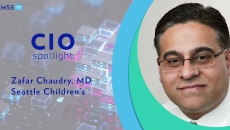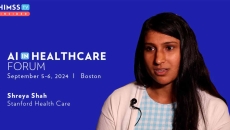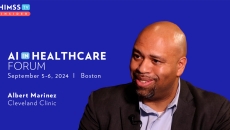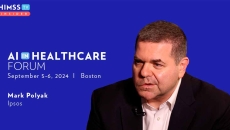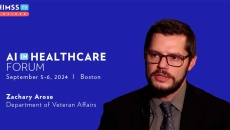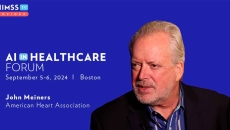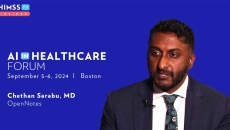Operations
Dr. Zafar Chaudry, Seattle Children's chief digital officer and chief AI and information officer, discusses the importance of effective change management during AI implementation - and using AI as a tool rather than a stand-alone solution.
Shreya Shah, medical informatics director at Stanford Health Care, discusses the health system's use of genAI for patient message replies and ambient AI scribes to reduce the clinical documentation burden.
The aim is to expand Hello Heart's reach across patient populations by utilizing the Amwell platform.
Albert Marinez, chief analytics officer at Cleveland Clinic, discusses how genAI is an order of magnitude higher than traditional strategies and how a lot of problems can be solved with traditional machine learning and predictive analytics.
A potentially shortened battery life in the MiniMed 600 or 700 series insulin pumps may result in the pump stopping insulin delivery significantly sooner than expected.
Mark Polyak, president of analytics at Ipsos, says patients are comfortable with AI for administrative tasks and the promise of faster diagnosis, but it becomes an issue when human involvement is taken away and AI is asked to think on its own.
Zachary Arose, healthcare technology management chief at the Dayton VA Medical Center, says the VA has integrated an AI algorithm for early detection of lung nodules. AI is also adding administrative and bureaucratic efficiencies.
AI has the transformational capability to improve the quality of care and impact research, like the manual review of science, says John Meiners, chief of mission-aligned businesses and healthcare solutions for the AHA.
Dr. Chethan Sarabu, AI and informatics strategist at OpenNotes, discusses how genAI and LLMs are enabling a new level of patient empowerment for direct use of AI in their care across a range of tasks, including questions about their diagnosis.
